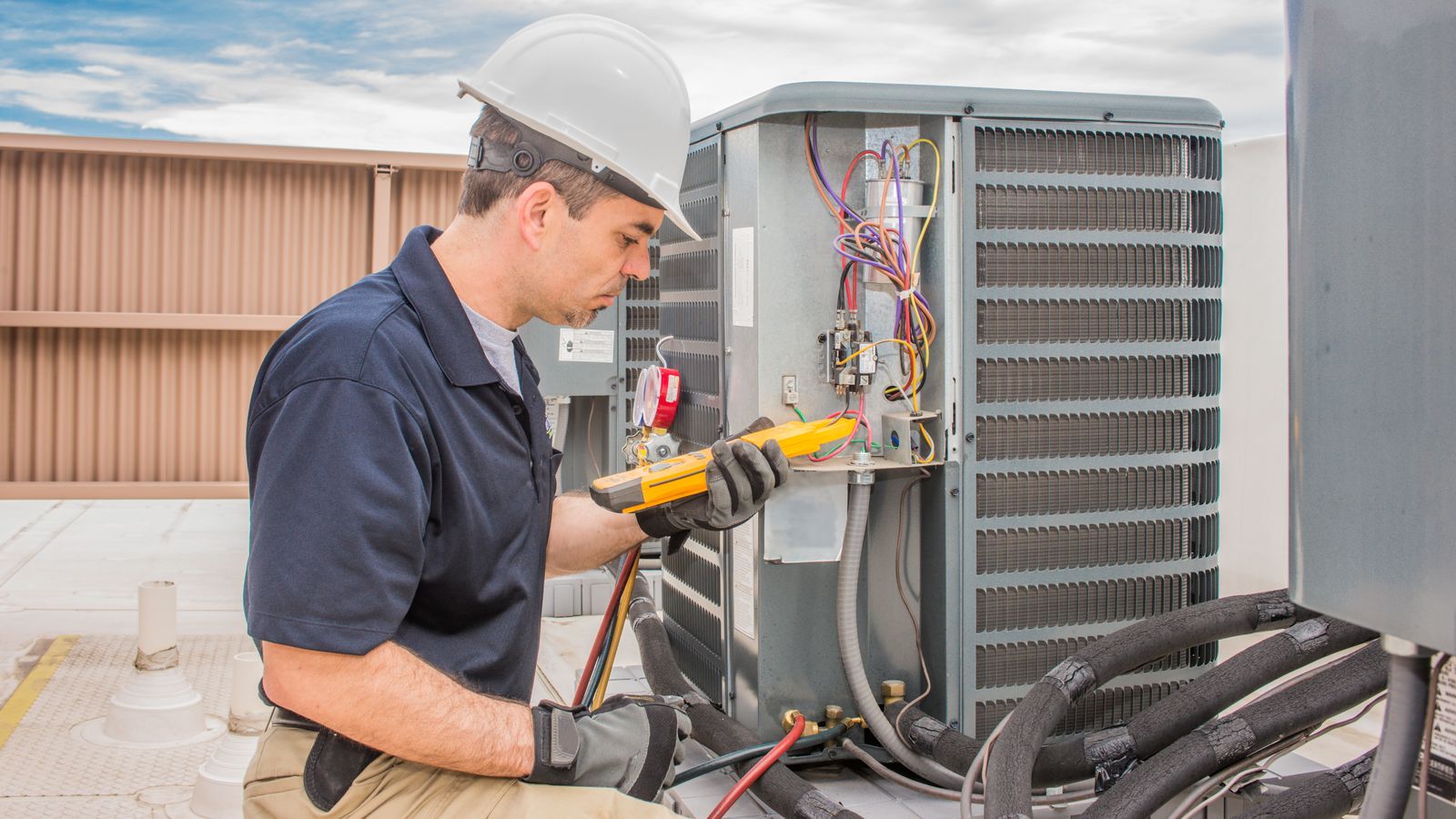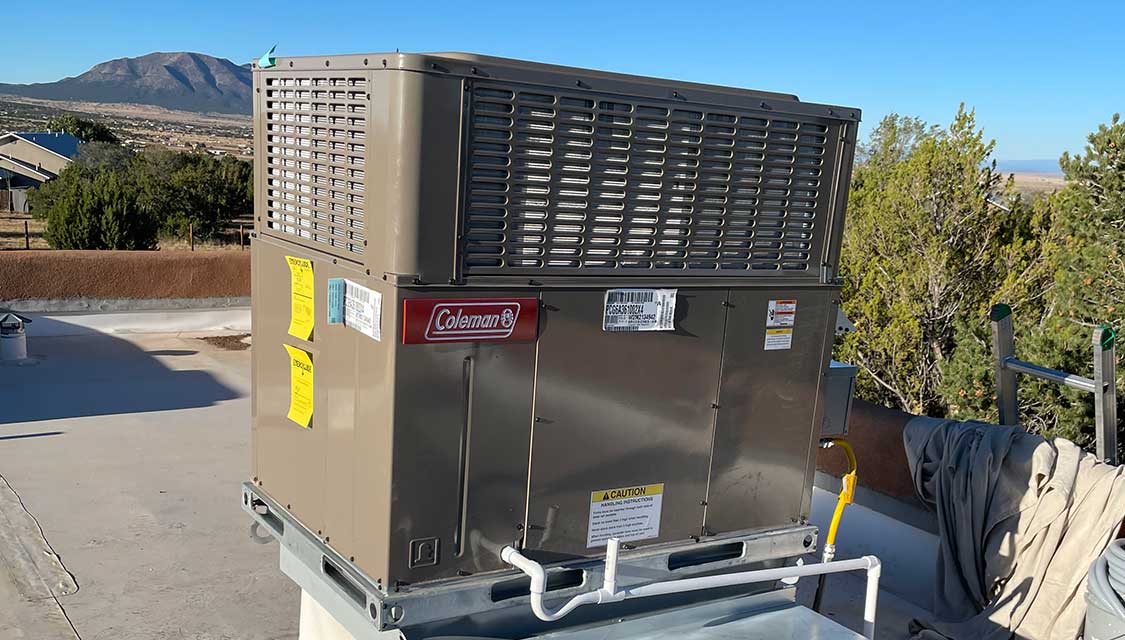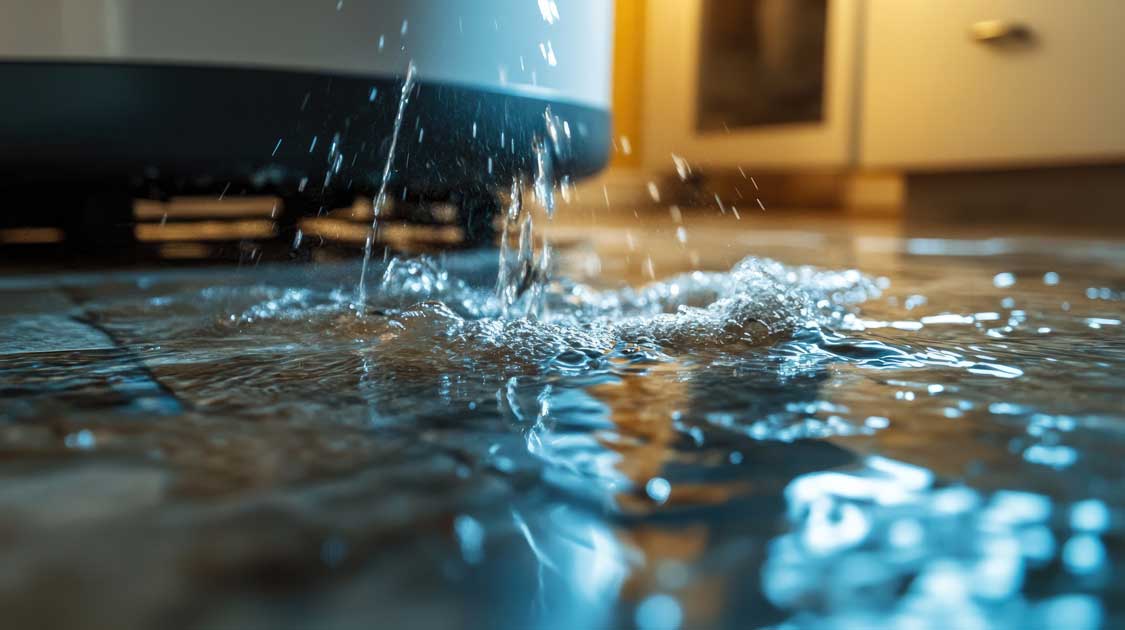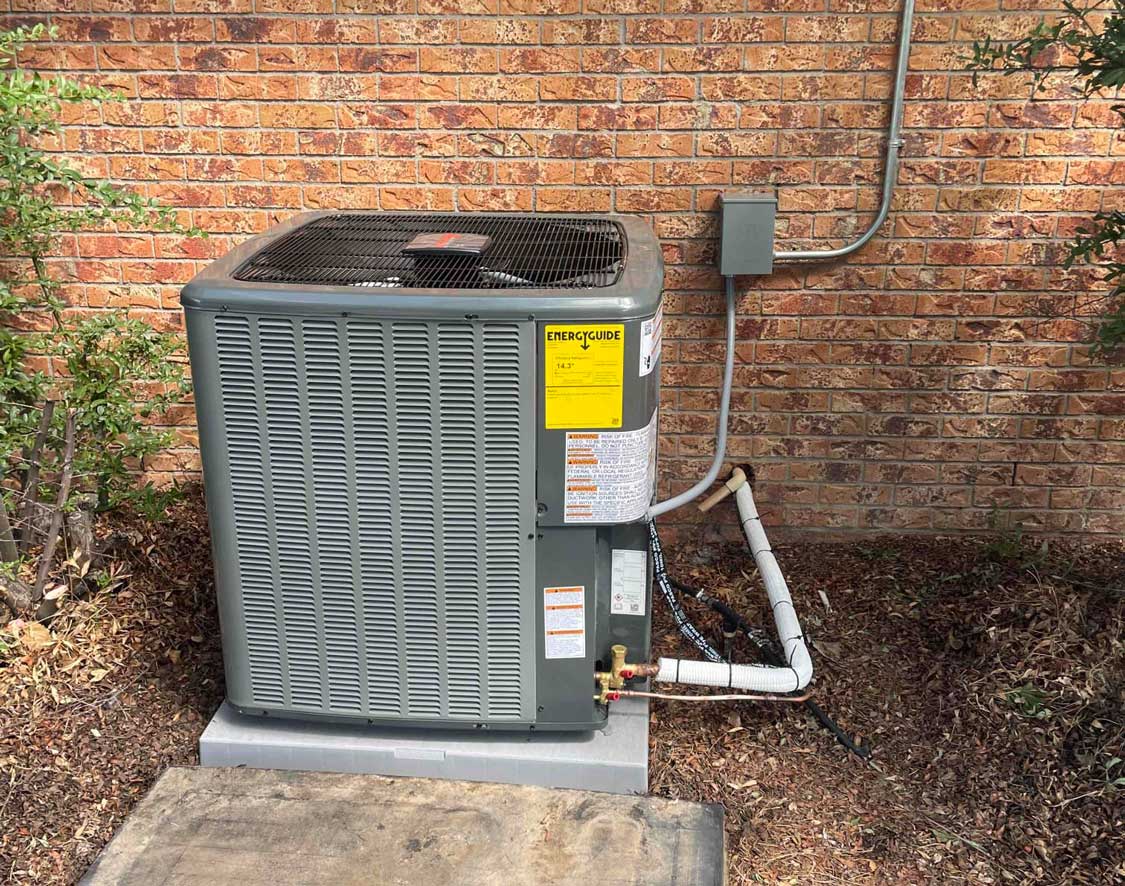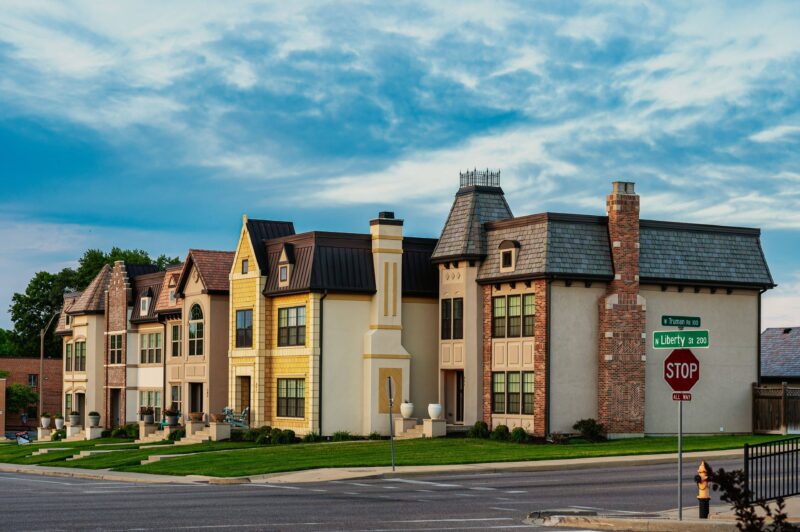When an HVAC system fails in the middle of a sweltering summer day or a freezing winter night, panic can set in fast. We know how quickly extreme temperatures here in New Mexico can turn a minor inconvenience into a real threat to your home and family’s comfort.
As the local team homeowners have relied on for decades, we’ve responded to thousands of emergency calls—from evaporative coolers that quit on a 100° day to furnaces that refuse to start on a 20° night. Our job in those moments isn’t just to fix the problem; it’s to help you feel confident, safe, and informed every step of the way.
In this guide, we’ll walk through what truly counts as an HVAC emergency, the signs you should never ignore, and the steps you can take until our emergency service team arrives at your door.
What Counts as an HVAC Emergency?
An HVAC emergency is more than just an inconvenience—it’s a situation where your system failure puts your safety, health, or home at risk. In Albuquerque, Santa Fe, and surrounding areas, our desert climate makes those risks very real.
If the weather outside is dangerously hot or cold, losing heating or cooling can quickly become unsafe, especially for children, older adults, or anyone with health conditions. Emergencies also include situations where the HVAC system itself poses a hazard—like electrical issues, gas leaks, or carbon monoxide alarms.
If you’re unsure, it’s safest to call for 24-hour HVAC repair in Albuquerque so we can help determine if it’s urgent.
Common HVAC Emergencies We See in Albuquerque & Santa Fe Homes
We’ve seen just about everything in our decades of service, but these issues top the list of true emergencies:
- Complete system failure during extreme heat or cold – If your AC stops cooling during a 100° July afternoon or your furnace quits in January’s chill, comfort and safety can be compromised fast.
- Unusual burning or electrical smells – These can signal wiring problems or overheating components. Turn the system off and call right away for emergency heating or AC repair.
- Loud banging, screeching, or grinding noises – Often early signs of major mechanical damage that can get worse quickly.
- Refrigerant leaks – Low refrigerant can damage your system and, in some cases, pose health risks.
- Frozen coils in winter – Reduces efficiency and can lead to a complete breakdown if ignored.
- Carbon monoxide alarms – Any CO alert is an immediate reason to evacuate and call for help.
When It’s Urgent—And When It Can Wait Until Morning
Not every HVAC issue requires a middle-of-the-night call, but some definitely do.
Urgent—Call Now:
- No heating or cooling in extreme weather
- Burning or electrical smells
- Carbon monoxide detector going off
- Refrigerant or major water leaks from the HVAC system
- Loud, sudden mechanical noises
Can Likely Wait:
- Weak airflow from vents
- Minor thermostat display issues
- A single noisy vent or duct
- Uneven temperatures in different rooms
Even if an issue seems minor, keep in mind that it can become urgent if left alone for too long.
What to Do While Waiting for Emergency Service
If you’ve already called us for 24-hour AC repair or emergency heating service, there are a few smart ways to protect your home and keep everyone comfortable until we arrive.
First, turn the system off right away if you notice burning smells, see smoke, or hear loud mechanical noises. This can prevent further damage and reduce safety risks.
While you wait, do what you can to maintain a safe temperature. In summer, run ceiling or portable fans to keep air moving. In winter, use extra blankets or a space heater—just make sure it’s placed on a stable surface, away from anything flammable.
It’s also a good idea to keep children and pets away from the HVAC equipment. This ensures their safety and gives our technicians space to work the moment we arrive.
Finally, gather any helpful information about your system—such as the brand, model, and details of recent service—so we can get right to diagnosing and fixing the problem.
How We Handle Emergency HVAC Calls at B. Carlson
When you call us for emergency HVAC service, you’re getting more than a quick fix—you’re getting decades of local expertise and a team that genuinely cares about your home.
Here’s what you can expect:
- 24/7 availability – We respond day or night, weekends and holidays included.
- Rapid dispatch – Serving Albuquerque, Rio Rancho, Santa Fe, and nearby communities.
- Fully equipped trucks – Most repairs are completed in a single visit.
- Experience with all systems – From evaporative coolers to high-efficiency heat pumps and furnaces.
Need us right now? Click here for emergency HVAC service.
How to Prevent HVAC Emergencies in the First Place
While we’re always ready to respond to emergencies, the best approach is to stop them before they start. Scheduling seasonal tune-ups in the spring and fall keeps your system prepared for the demands of extreme temperatures. Regularly replacing your filters ensures clean airflow and helps your equipment run more efficiently. Annual safety inspections for both heating and cooling systems can catch small issues before they turn into costly breakdowns.
For the ultimate peace of mind, consider joining our Care Club maintenance program. Members enjoy priority service, regular system checks, and the confidence of knowing their HVAC equipment is in expert hands year-round.
We’re Your Local Emergency HVAC Experts
We live and work in this community, so we understand the challenges our climate puts on home comfort systems. Whether it’s a late-night furnace breakdown or an AC that quits during a heatwave, we’re ready to respond with the skill, speed, and care your family deserves.
If your heating or cooling system has stopped working—or if something just feels unsafe—don’t wait.

